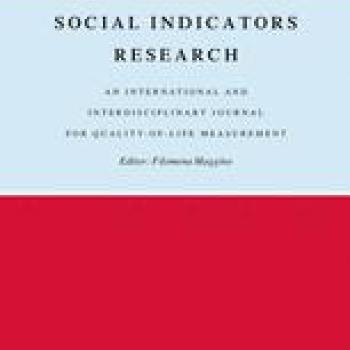
The paper argues on the basis of data from Young Lives and an extensive review of child-centred poverty studies that experiences of relative poverty and social exclusion are as common and corrosive in contemporary Ethiopia as North America and Europe. If taken seriously, this insight could broaden the focus of child poverty reduction from nutrition and education to include the psychosocial costs of lacking the culturally specific resources required for full participation in society. The paper makes a number of methodological points of value to researchers undertaking similar studies: firstly, poverty can be explored by asking about ill-being; secondly, children's conceptions of poverty are profoundly social and context-specific; and thirdly, young children are just as able to address these themes as older ones.
The final published version of the article is available on the journal website.

The paper argues on the basis of data from Young Lives and an extensive review of child-centred poverty studies that experiences of relative poverty and social exclusion are as common and corrosive in contemporary Ethiopia as North America and Europe. If taken seriously, this insight could broaden the focus of child poverty reduction from nutrition and education to include the psychosocial costs of lacking the culturally specific resources required for full participation in society. The paper makes a number of methodological points of value to researchers undertaking similar studies: firstly, poverty can be explored by asking about ill-being; secondly, children's conceptions of poverty are profoundly social and context-specific; and thirdly, young children are just as able to address these themes as older ones.
The final published version of the article is available on the journal website.

